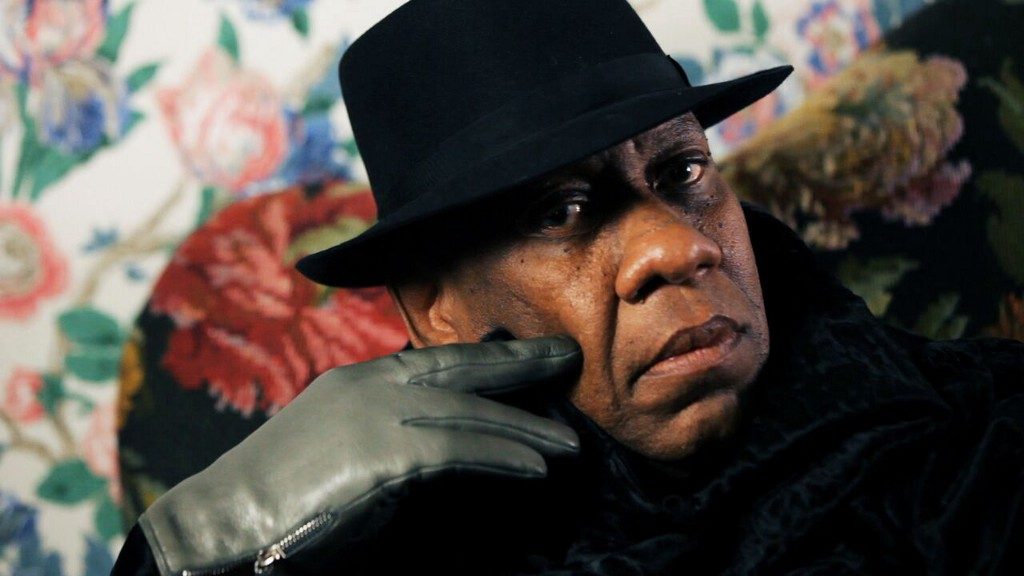Kate Novack is a producer and director. Her credits include “Page One: Inside the New York Times,” “A Table in Heaven,” and “Eat This New York.” Novack’s first feature screenplay, “Raker,” was selected for the Independent Filmmaker Project’s Emerging Storytellers Program.
“The Gospel According to André” will premiere at the 2017 Toronto International Film Festival on September 8.
W&H: Describe the film for us in your own words.
KN: “The Gospel According to André” is the story of fashion editor André Leon Talley’s journey from the segregated American South to the front row of high fashion, or what he likes to call the “chiffon trenches.”
W&H: What drew you to this story?
KN: I’ve watched André in more than a dozen fashion documentaries — usually in these amazing, over-the-top performances — but somehow he remained a larger than life enigma. He’s been described in various news articles as “Vogue’s resident peacock” or a “towering inferno.” Why had there never been a movie about him? I thought his story deserved to be told.
W&H: What do you want people to think about when they are leaving the theater?
KN: I want them to have a better understanding of a very complex man — who has perhaps been more misunderstood than most people — and the important role he has played in American cultural history.
I also hope people will be carried out by the joy of André’s laughter. There are some very funny clips of him on the red carpet and TV that play at the end of the film.
W&H: What was the biggest challenge in making the film?
KN: The biggest challenge was establishing trust over time with someone so experienced with crafting images — particularly his own public persona.
W&H: How did you get your film funded? Share some insights into how you got the film made.
KN: Abstract Productions, my producer Andrew Rossi’s production company, provided seed funding before we were able to raise funds from private investors.
All of the people who supported the film really believe in the importance of the story and in me as a storyteller.
W&H: What does it mean for you to have your film play at the Toronto International Film Festival?
KN: “The Gospel According to André” is my directorial debut after working as a producer for many years. Being included among the other master filmmakers curated by documentary programmer Thom Powers, whose eye I have such respect for, is a tremendous honor.
W&H: What’s the best and worst advice you’ve received?
KN: Best advice: don’t take no for an answer. Don’t accept the conventional wisdom that certain things are off limits.
Worst advice: never talk about my children in a professional setting. Keeping children and childcare responsibilities invisible ultimately disadvantages women the most.
W&H: What advice do you have for other female directors?
KN: If you feel a story matters, stick with it. I think the idea of which stories are worthy or viable is still very guided by a male idea of story and the classical hero’s journey, while stories about women are often said to lack stakes. Don’t believe the B.S.
Find at least one or two people outside of your everyday work sphere who support your work. For me, it’s a small group of women I work with as screenwriting partners.
You can make a great film without a huge budget.
W&H: Name your favorite woman-directed film and why.
KN: Agnès Varda’s documentary “The Gleaners and I.” I love how she uses the act of gleaning — collecting discarded food, objects — to look at all strata of consumerist society. She combines narrative and documentary storytelling in such an exquisite way, so that the texture of the filmmaking fits her subject perfectly. However, I think what I love most is her presence in the film. She is an artist-gleaner, who collects images, ideas and her observations of emotional responses to make movies and live her life. It’s very poetic.
W&H: There have been significant conversations over the last couple of years about increasing the amount of opportunities for women directors yet the numbers have not increased. Are you optimistic about the possibilities for change? Share any thoughts you might have on this topic.
KN: Last January, my dear friend and prominent entertainment lawyer Victoria Cook wrote a Facebook post about the “misperception that the (feature) documentary category is more inclusive, less sexist and less racist than the other categories.” The post went viral. Looking at this year’s roster of documentaries at Toronto, about half of which were directed by women, gives me hope.







